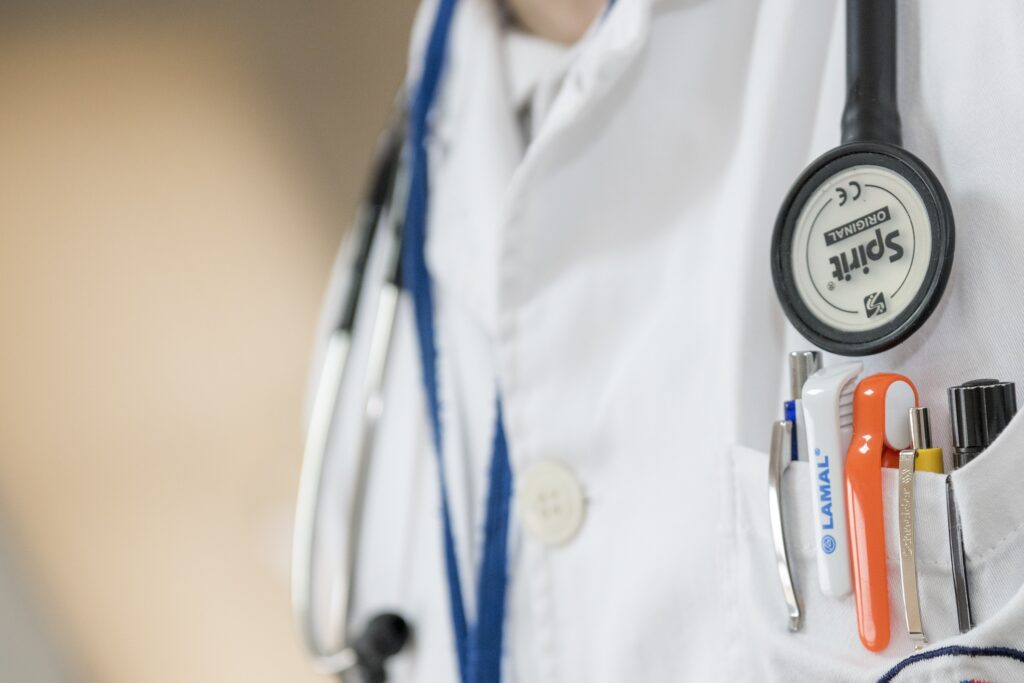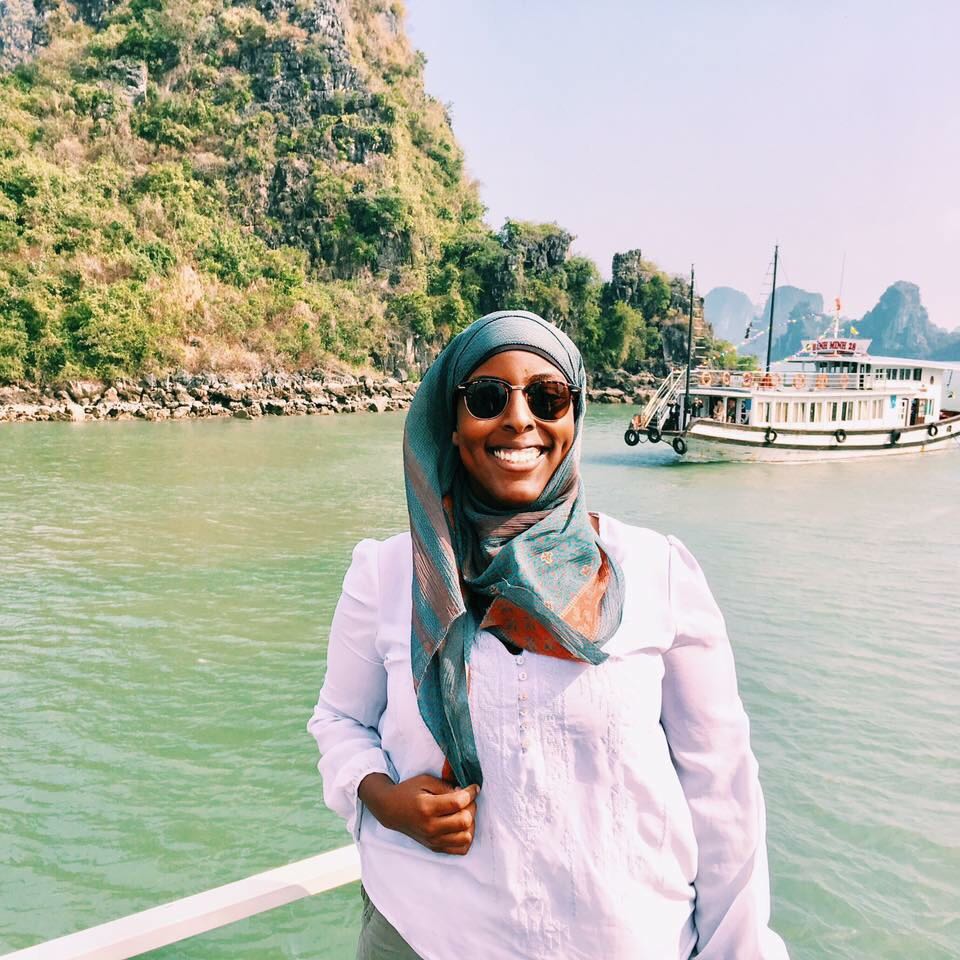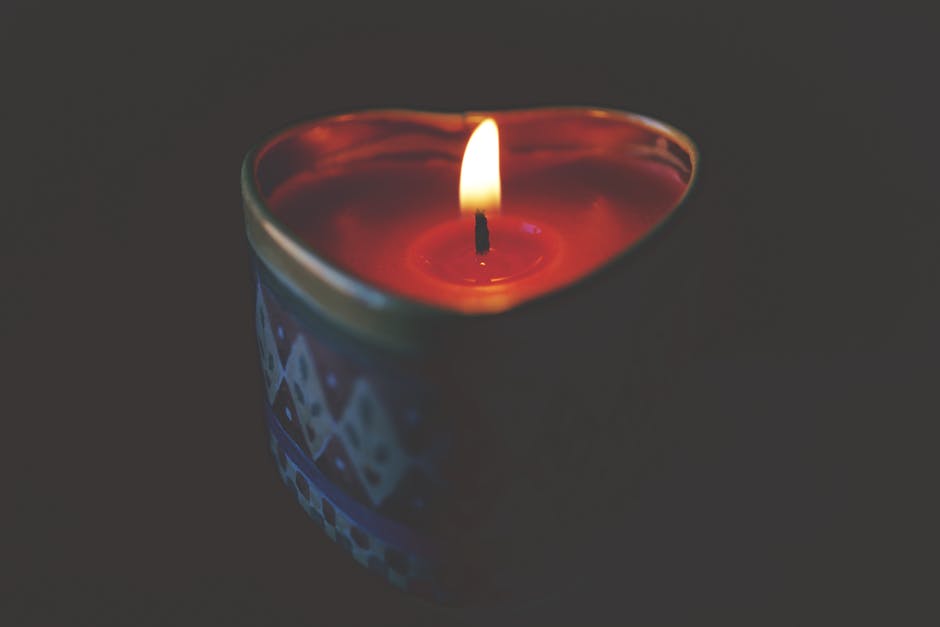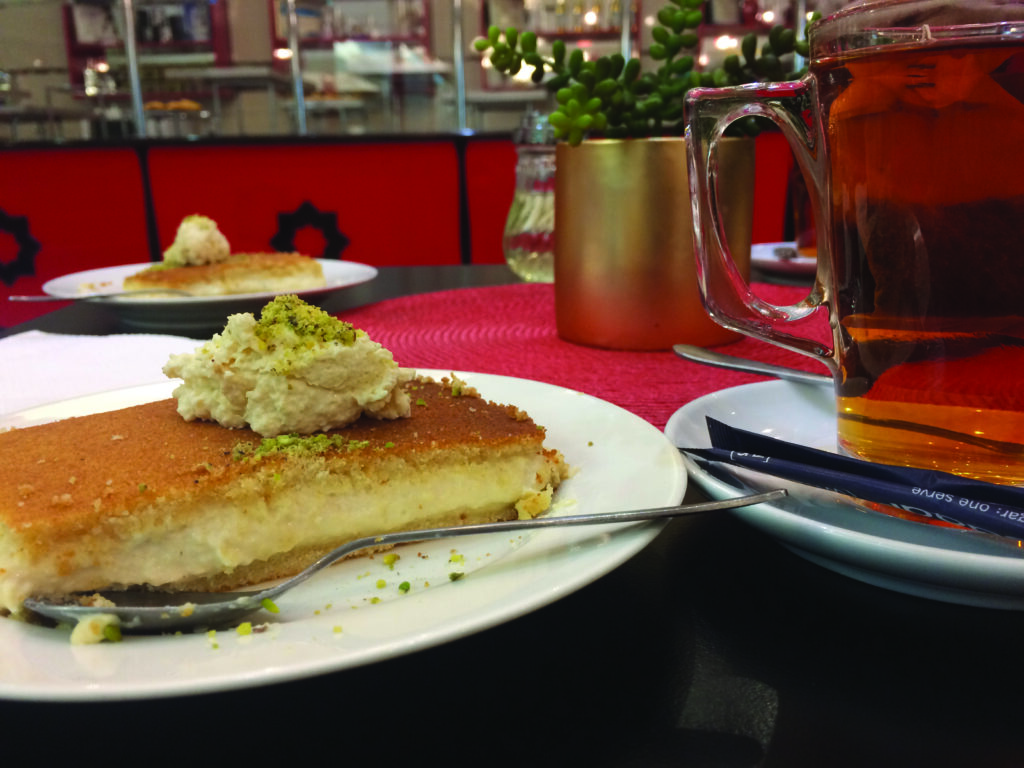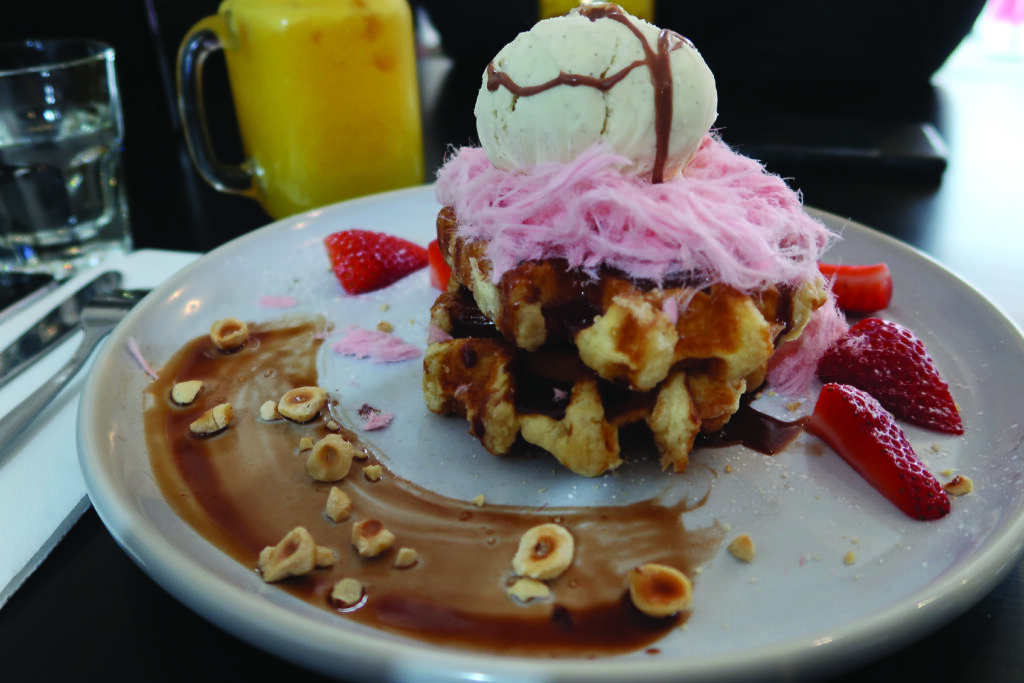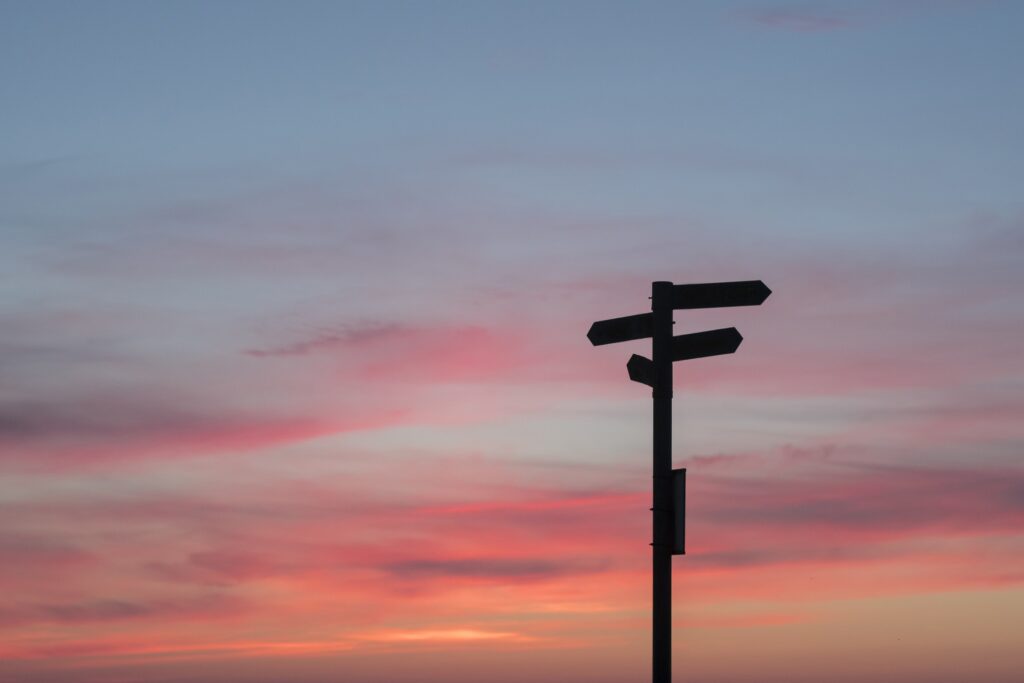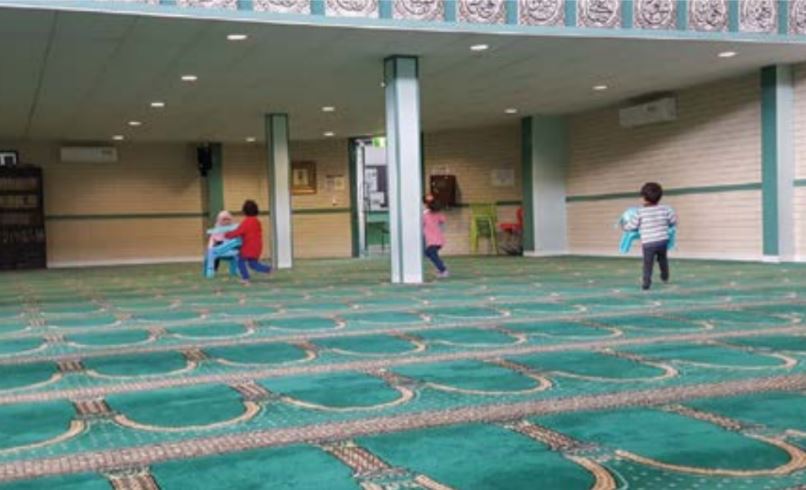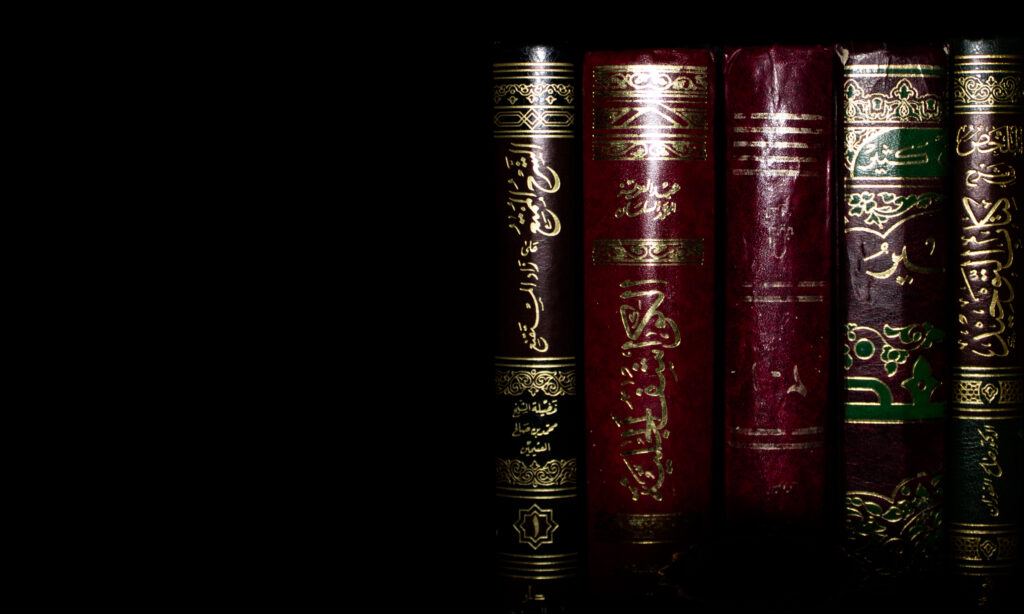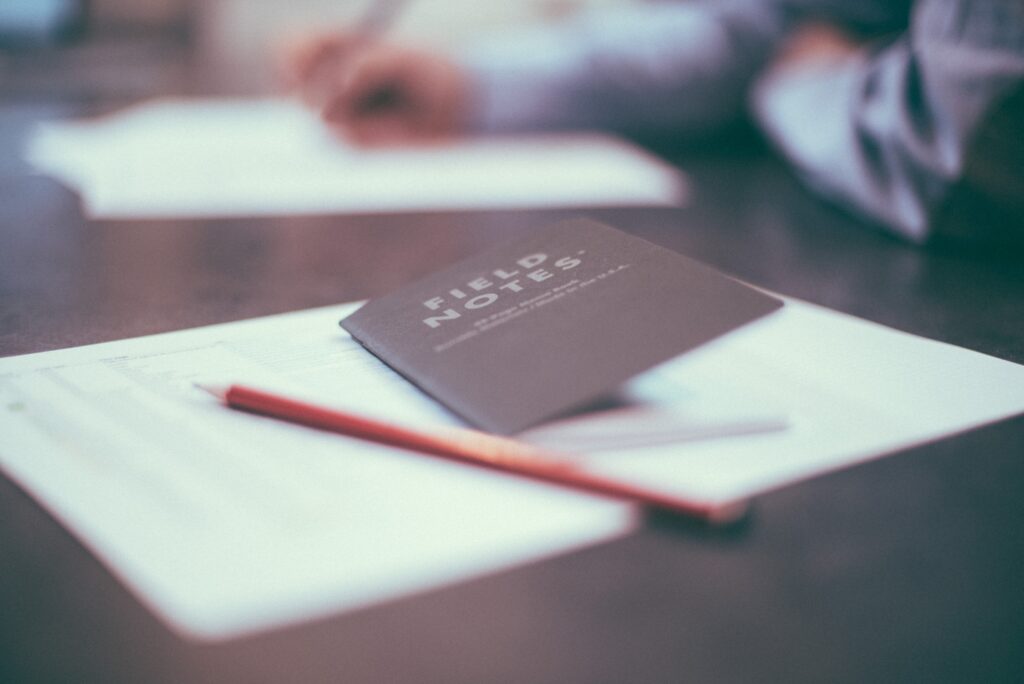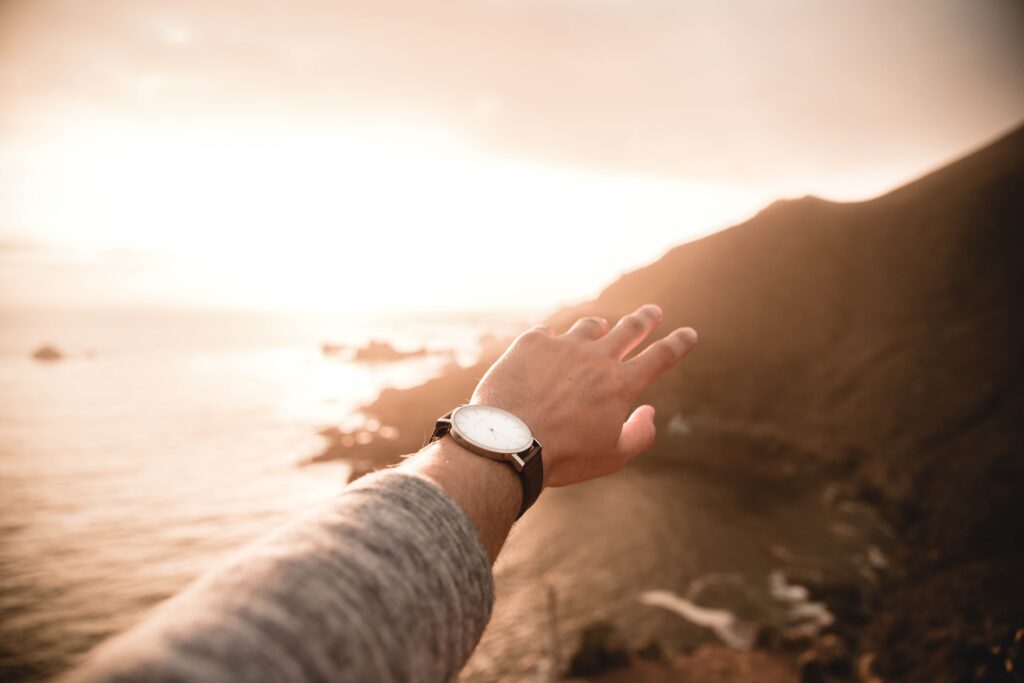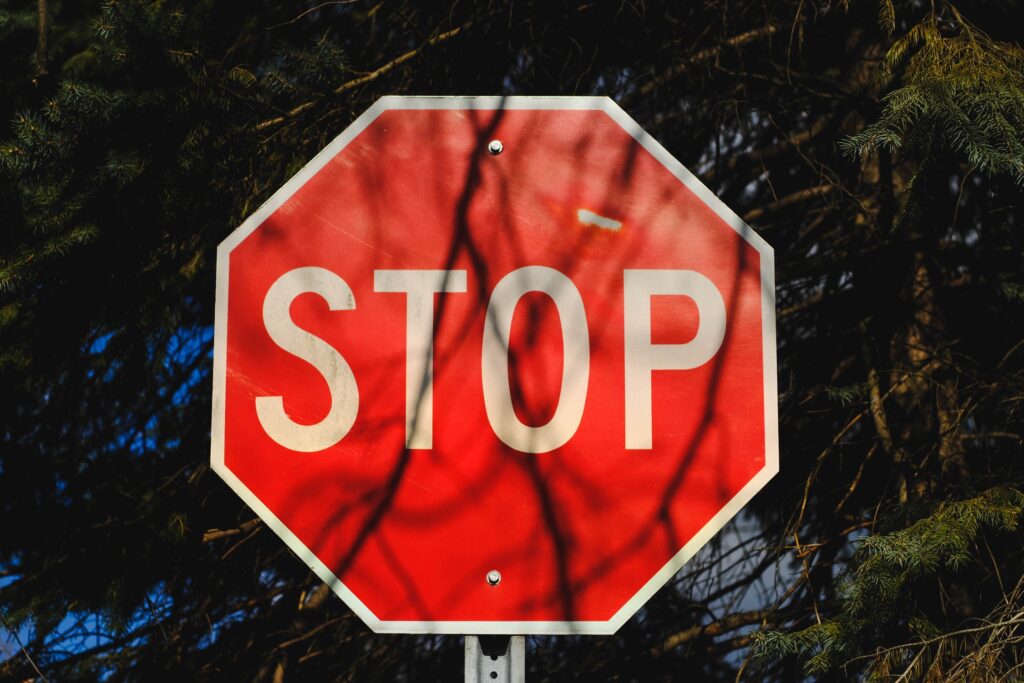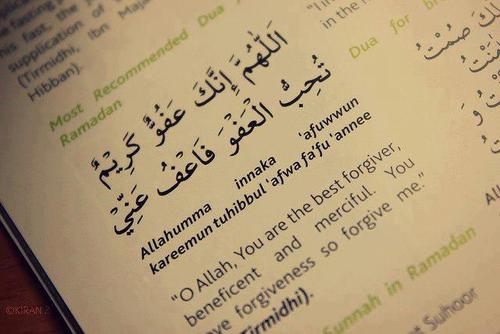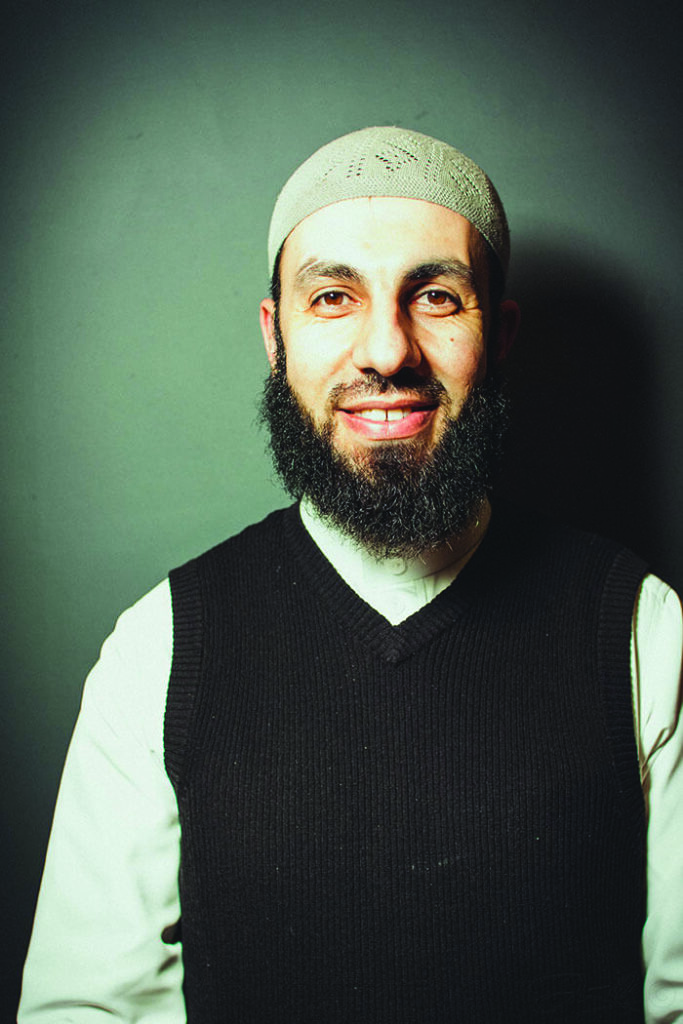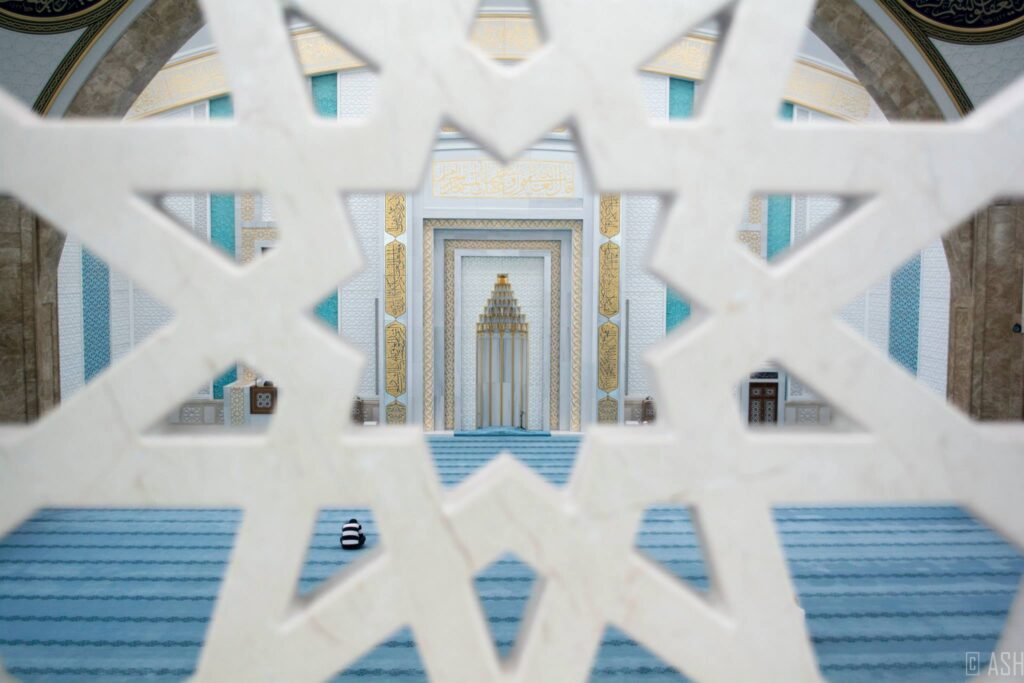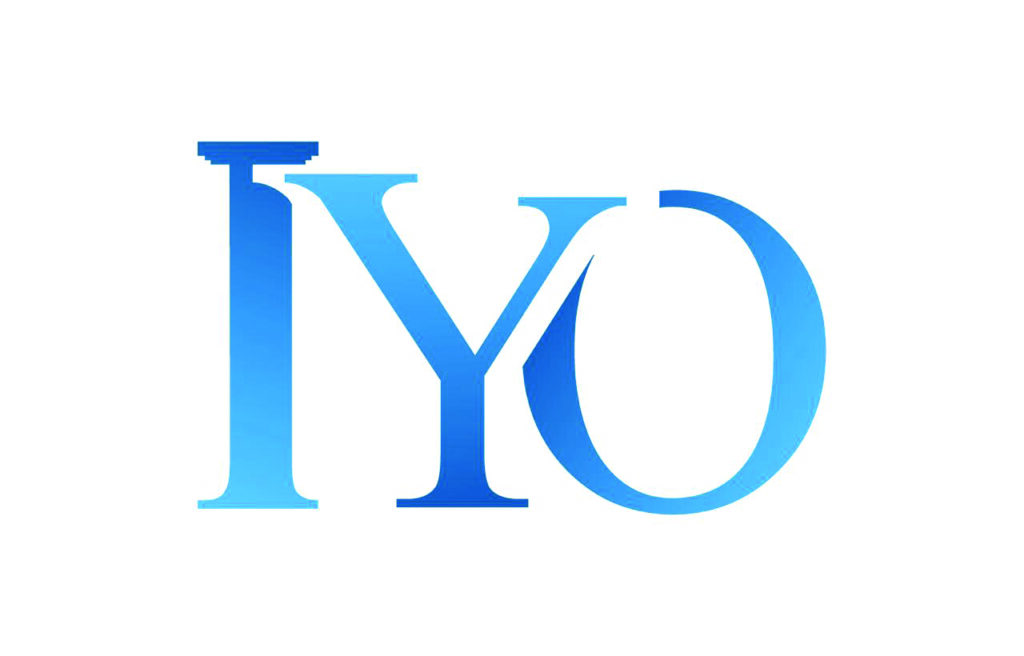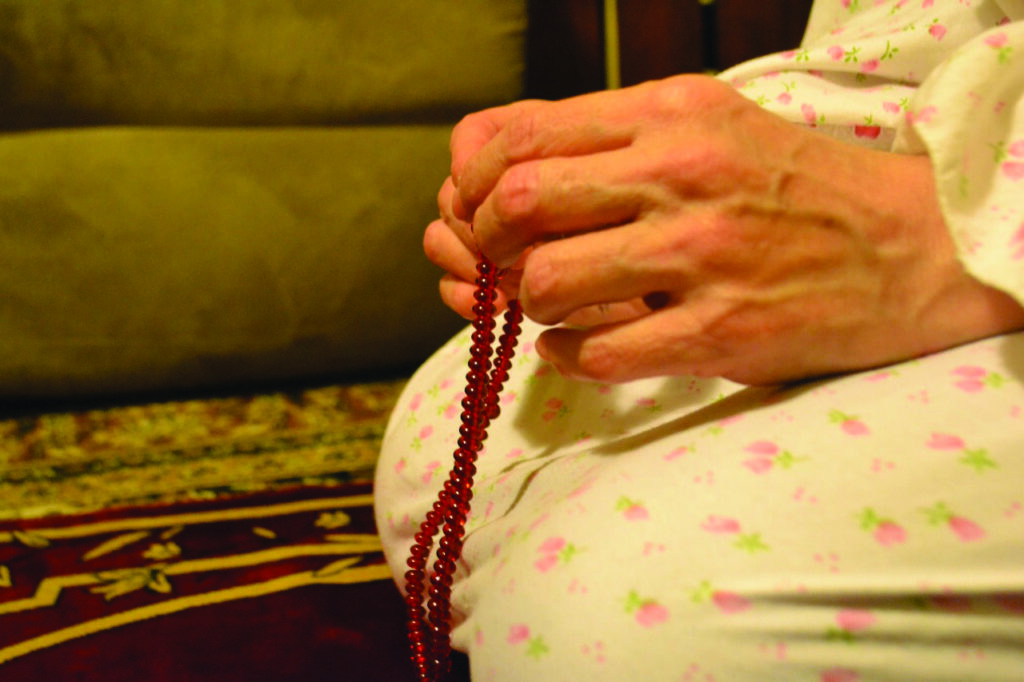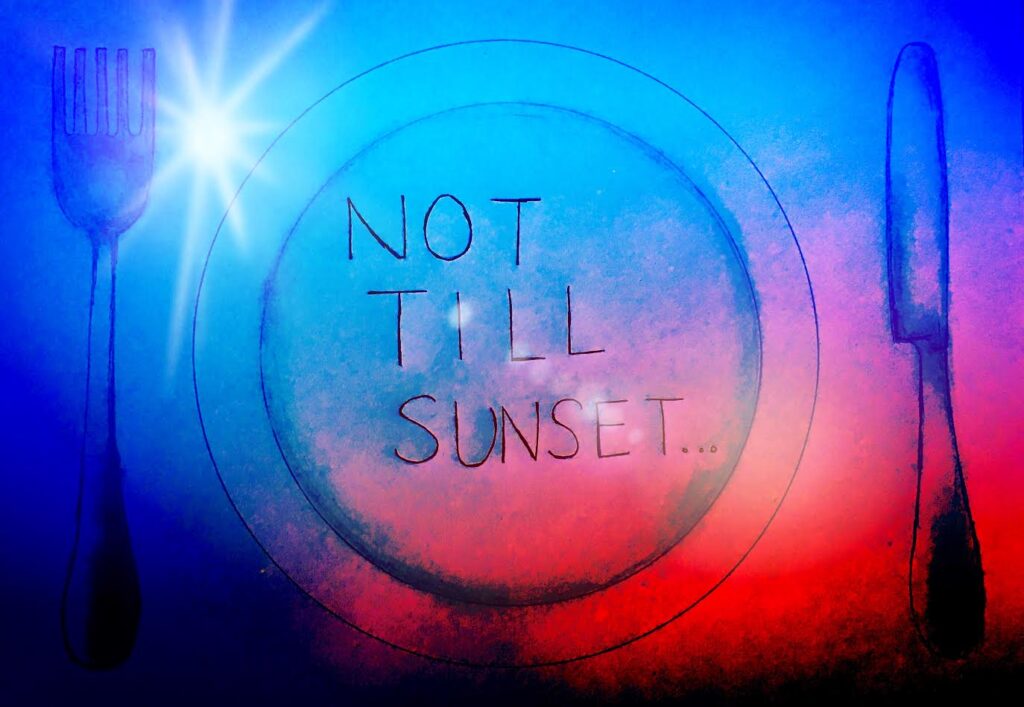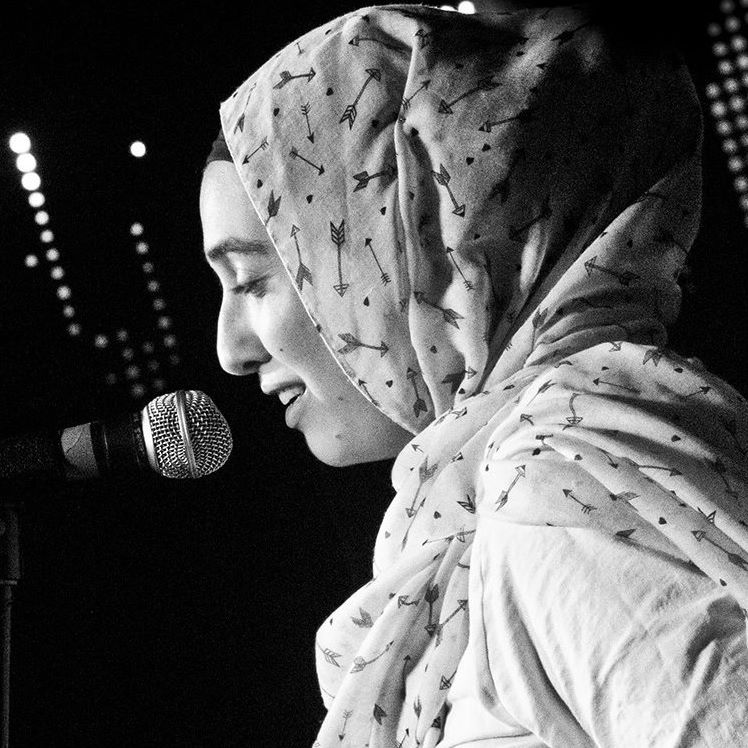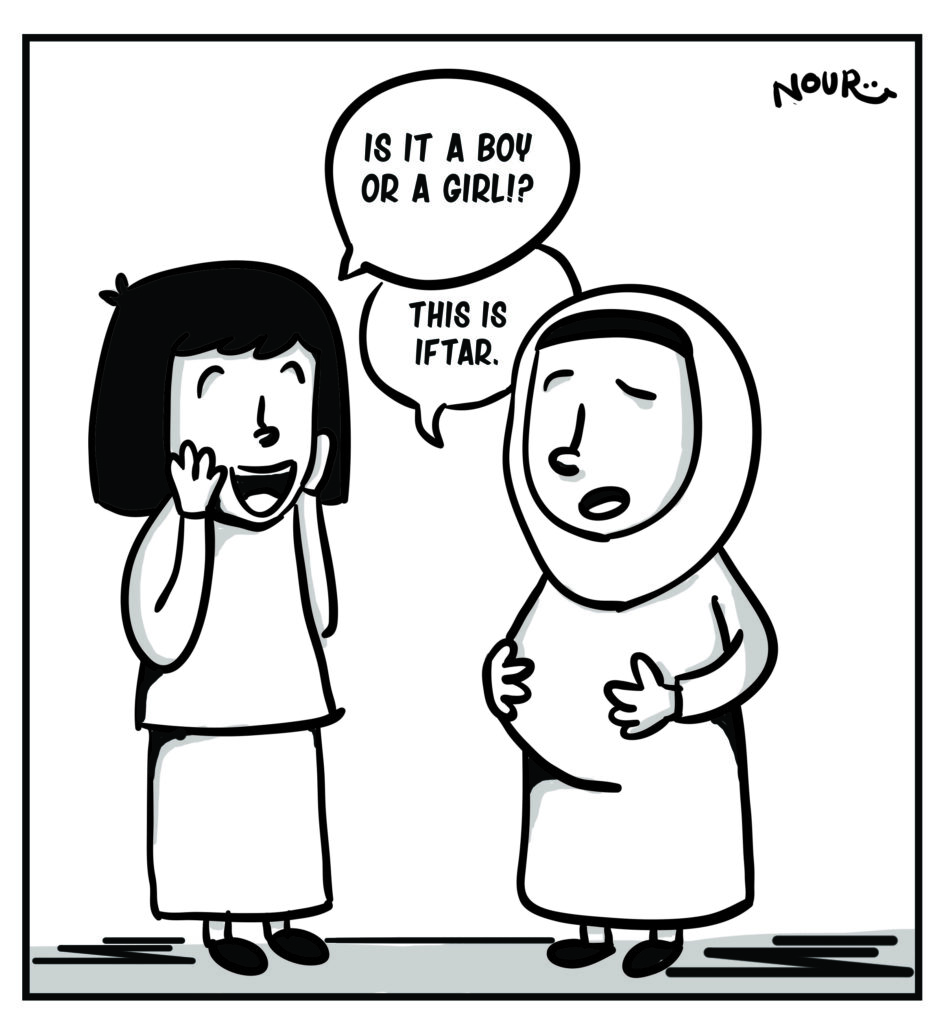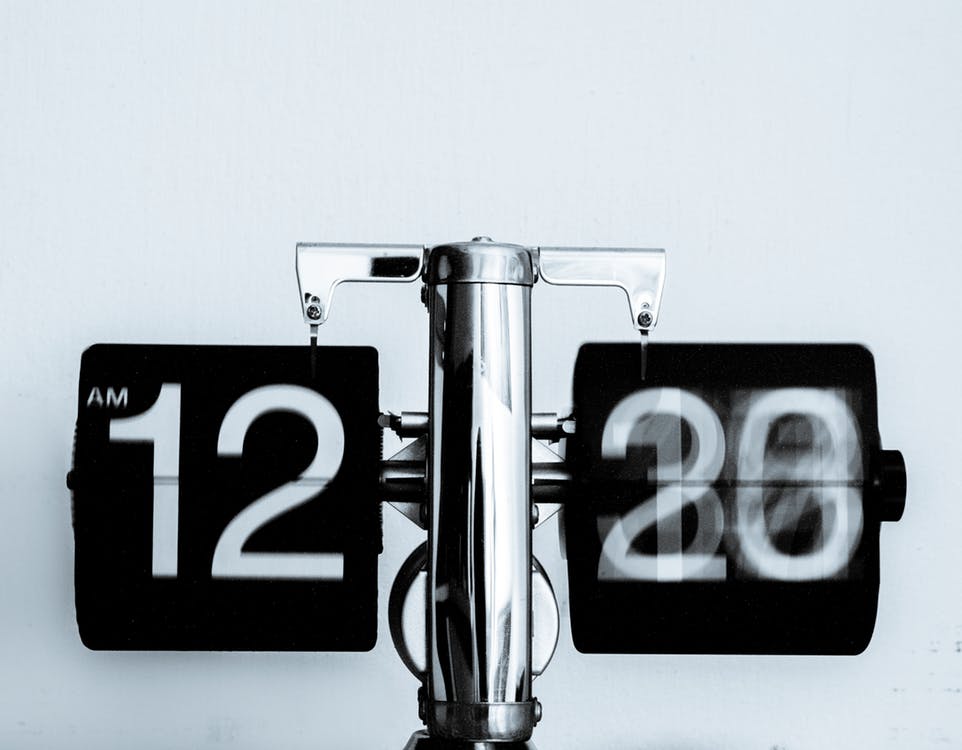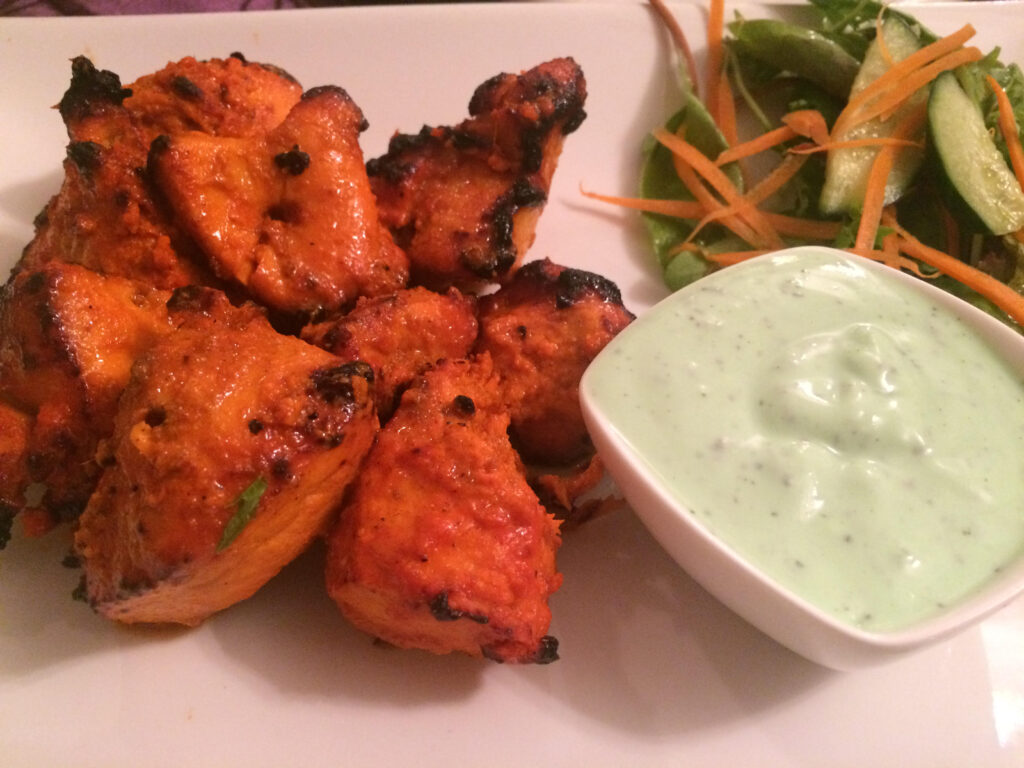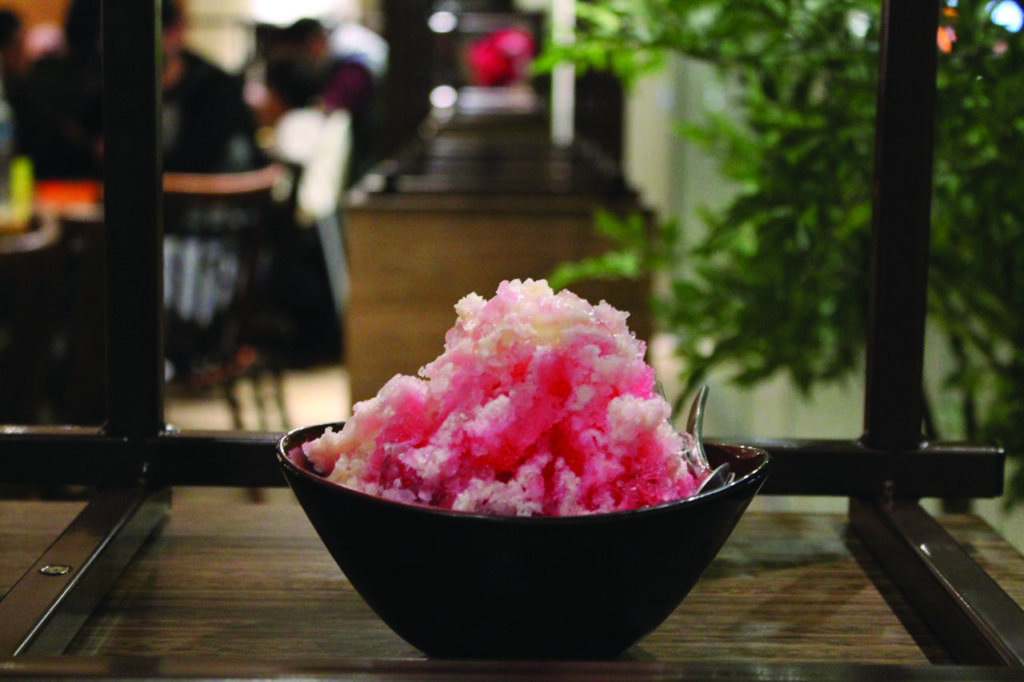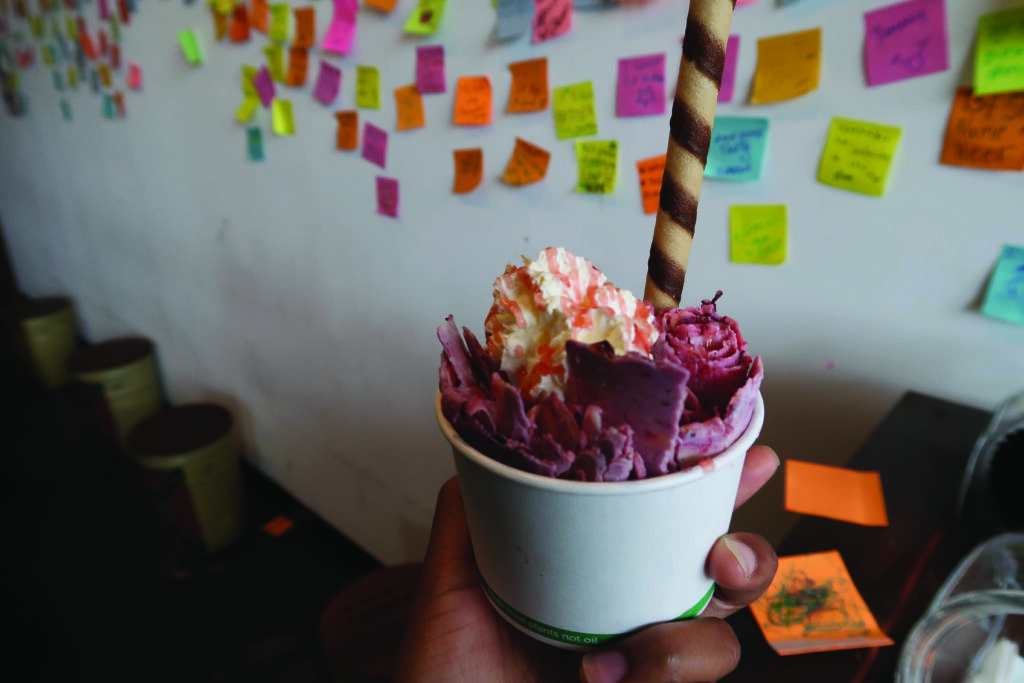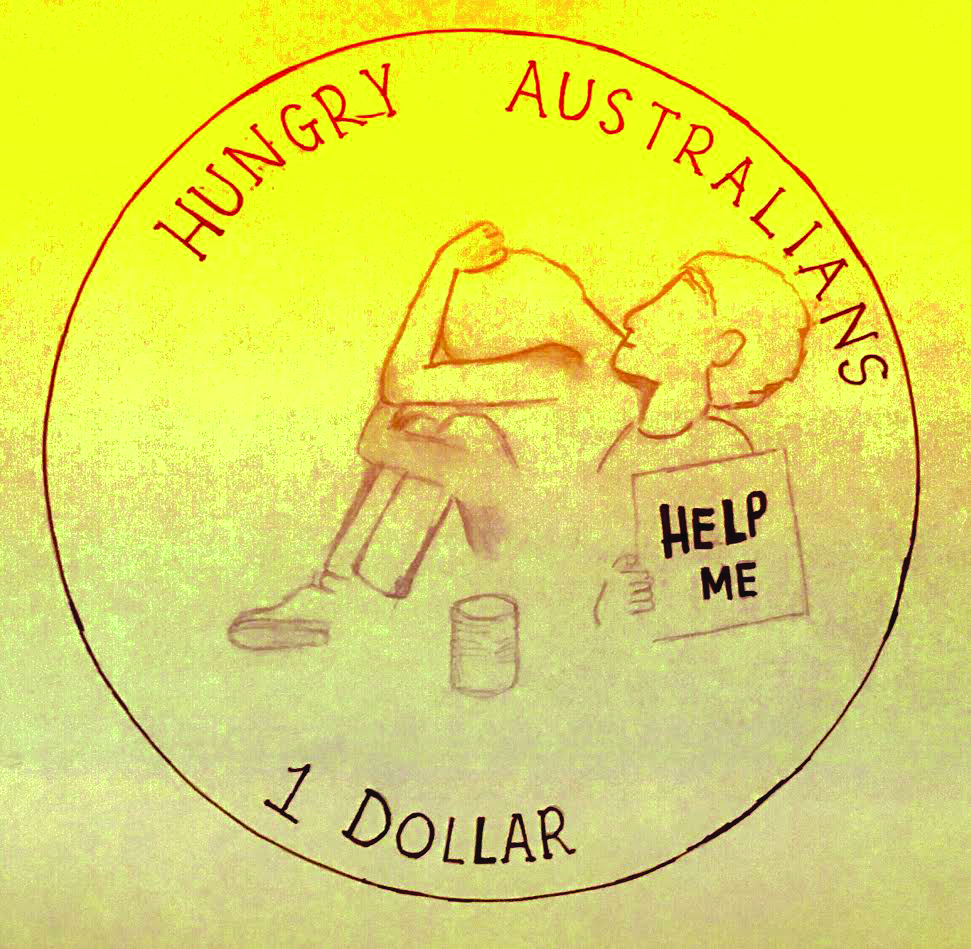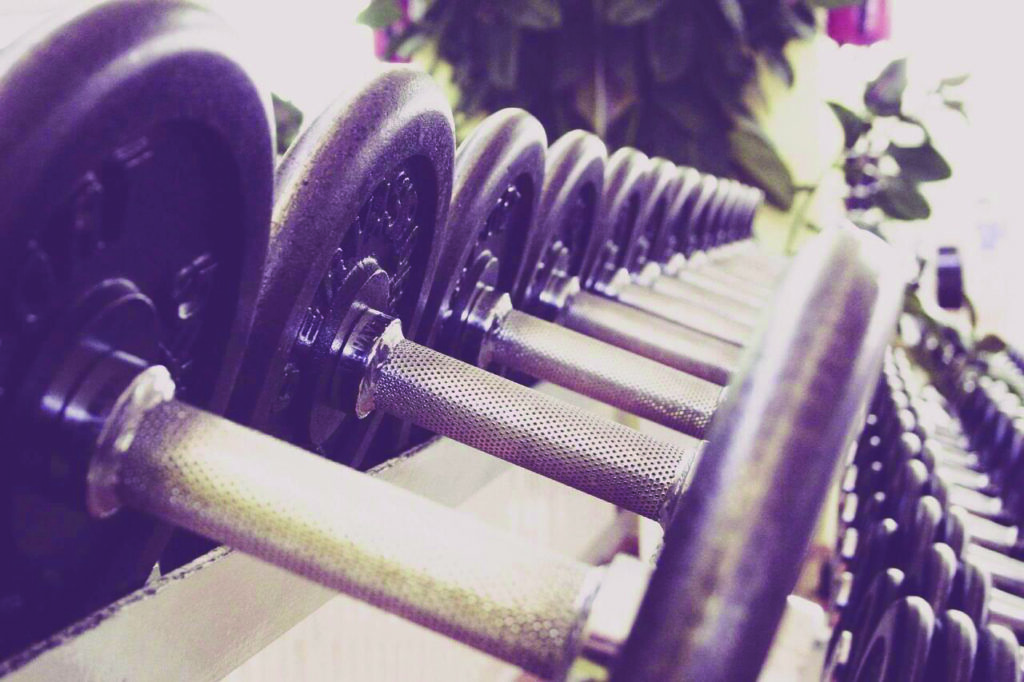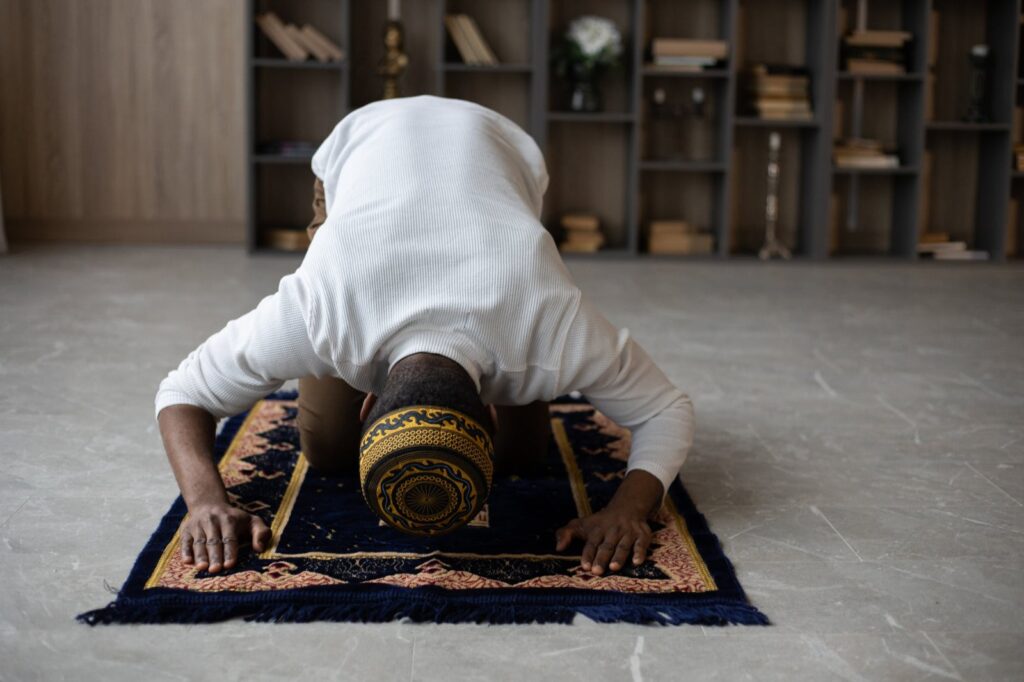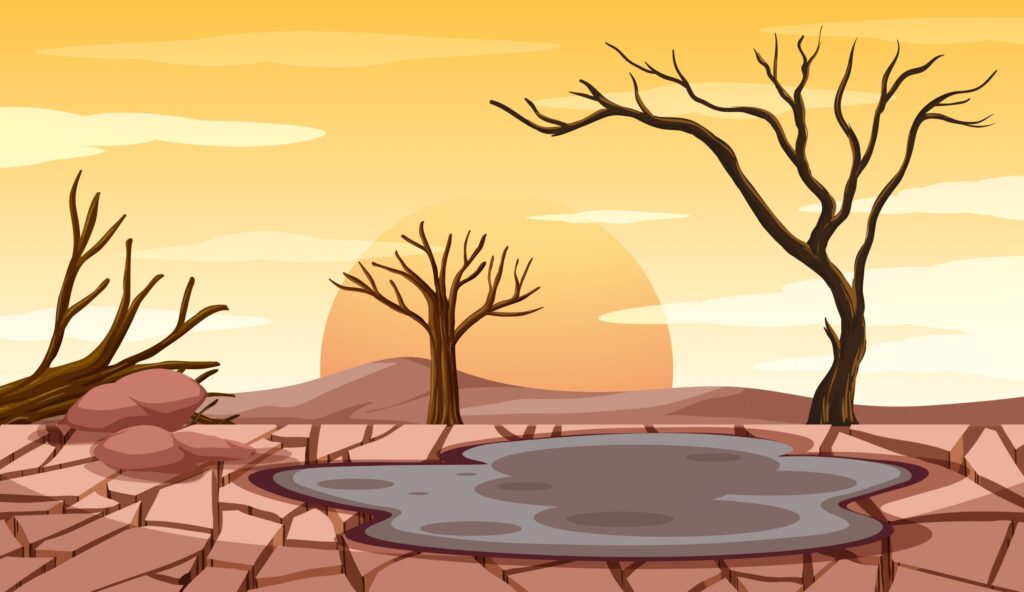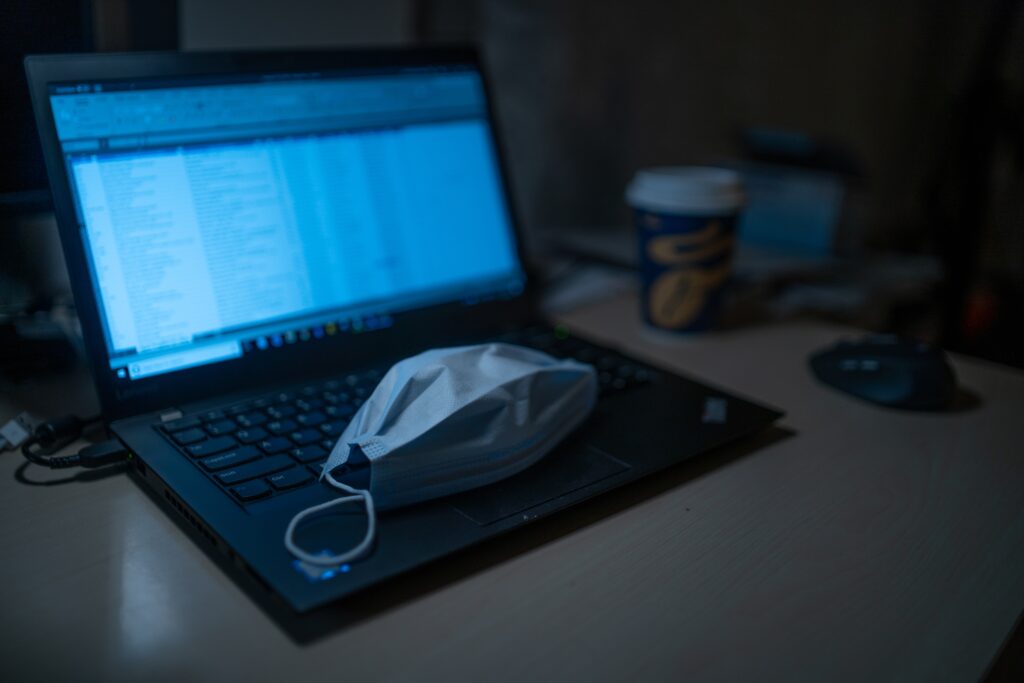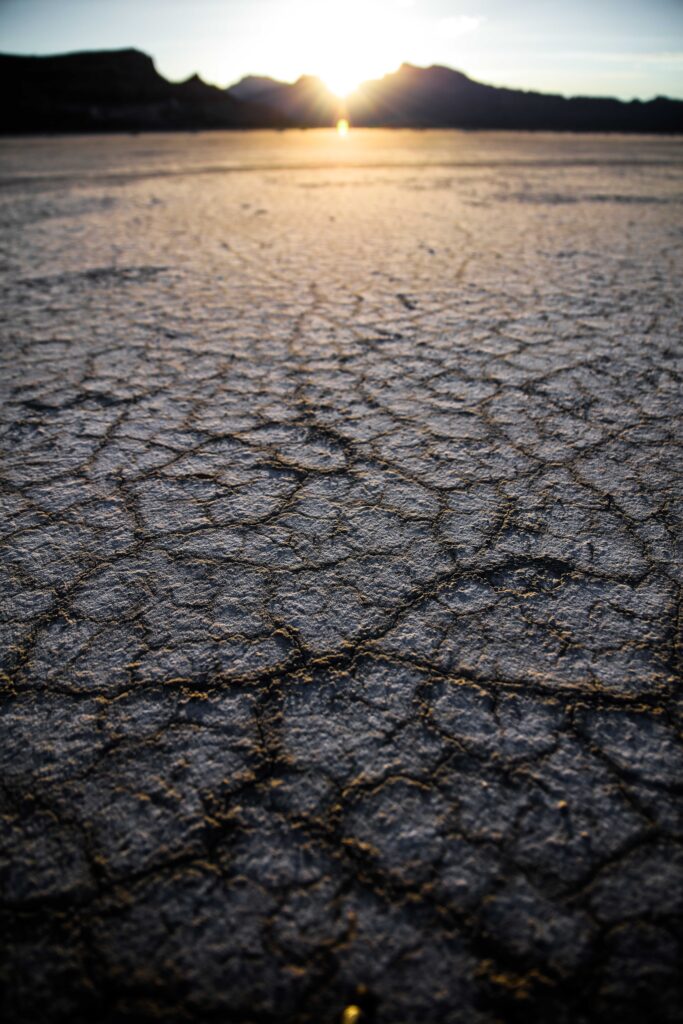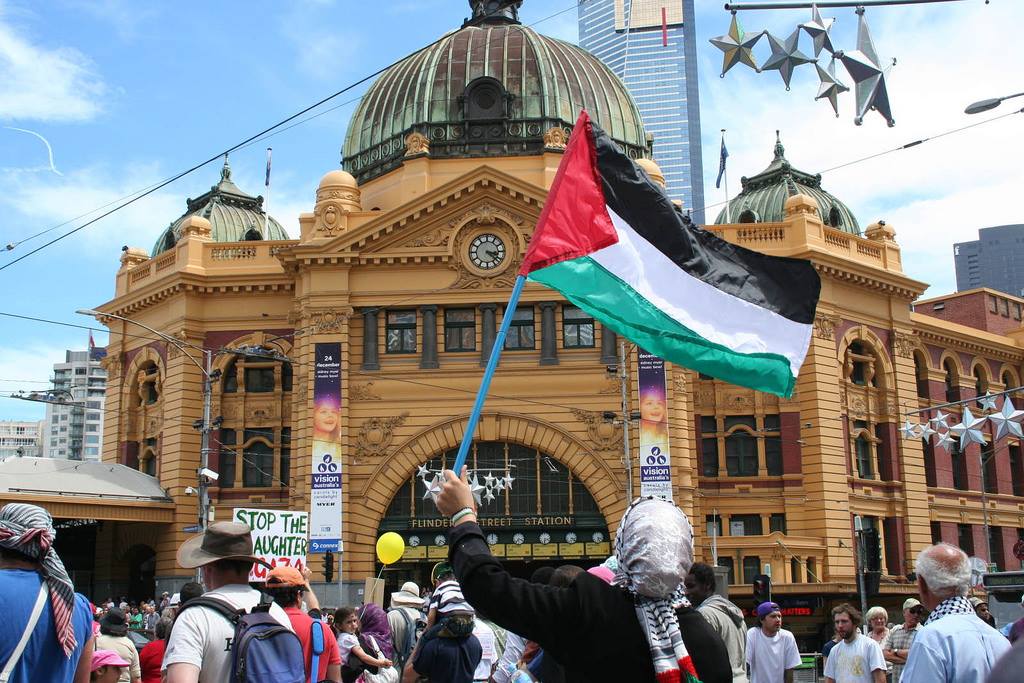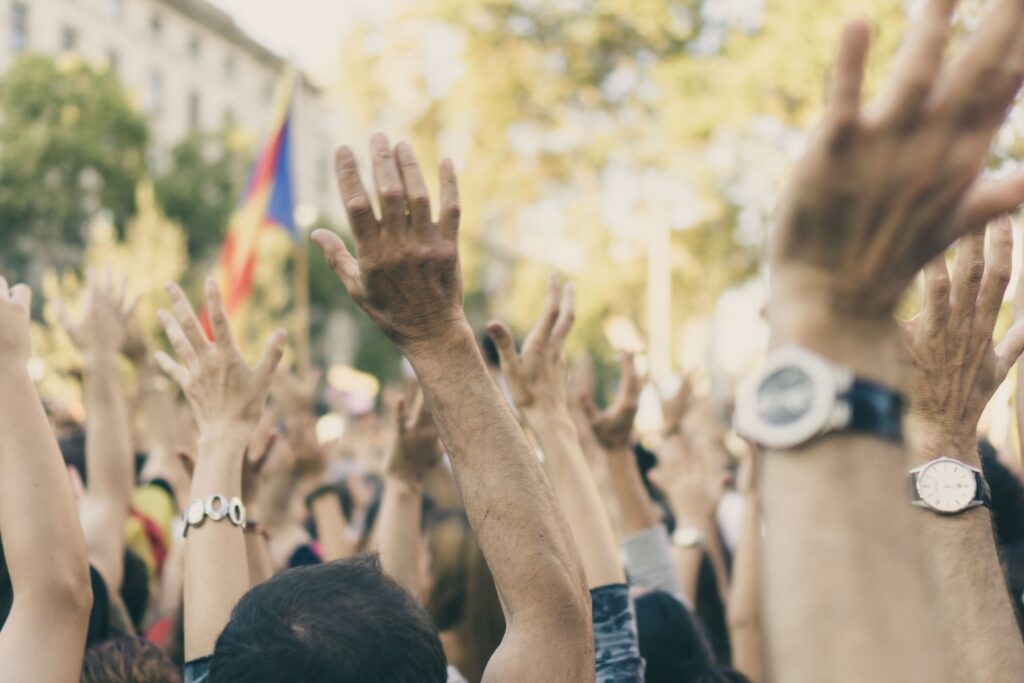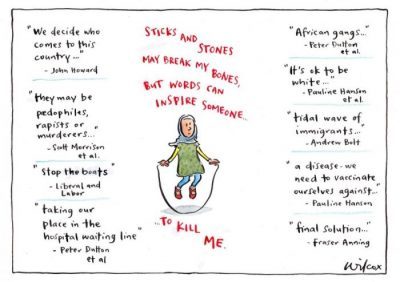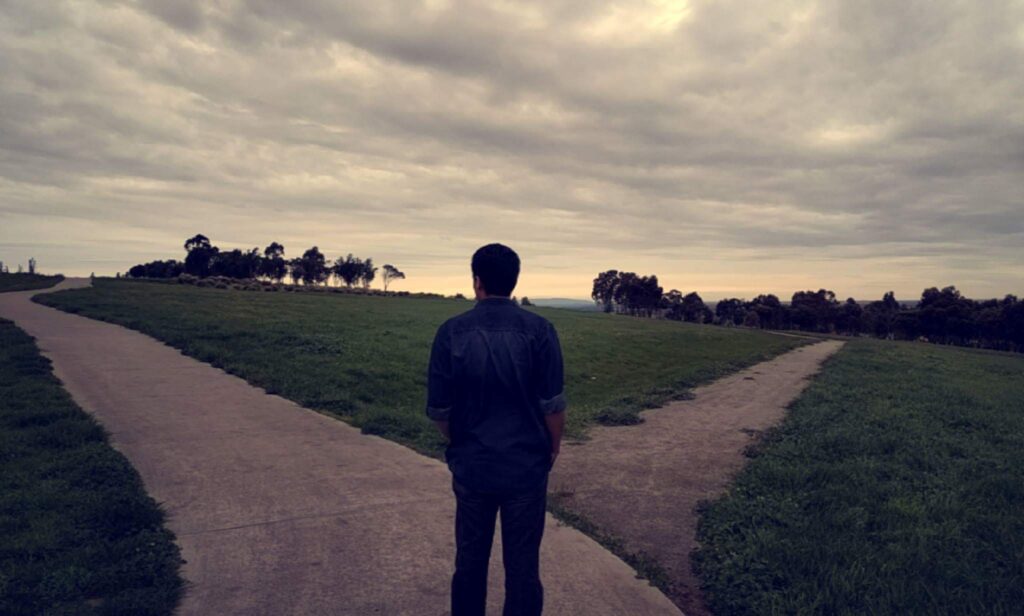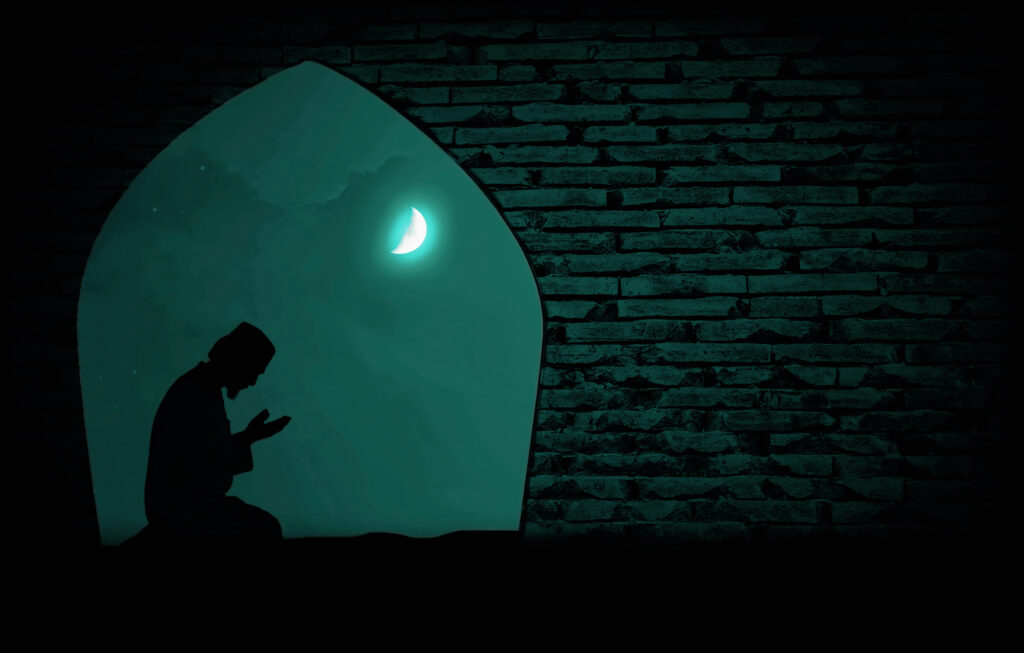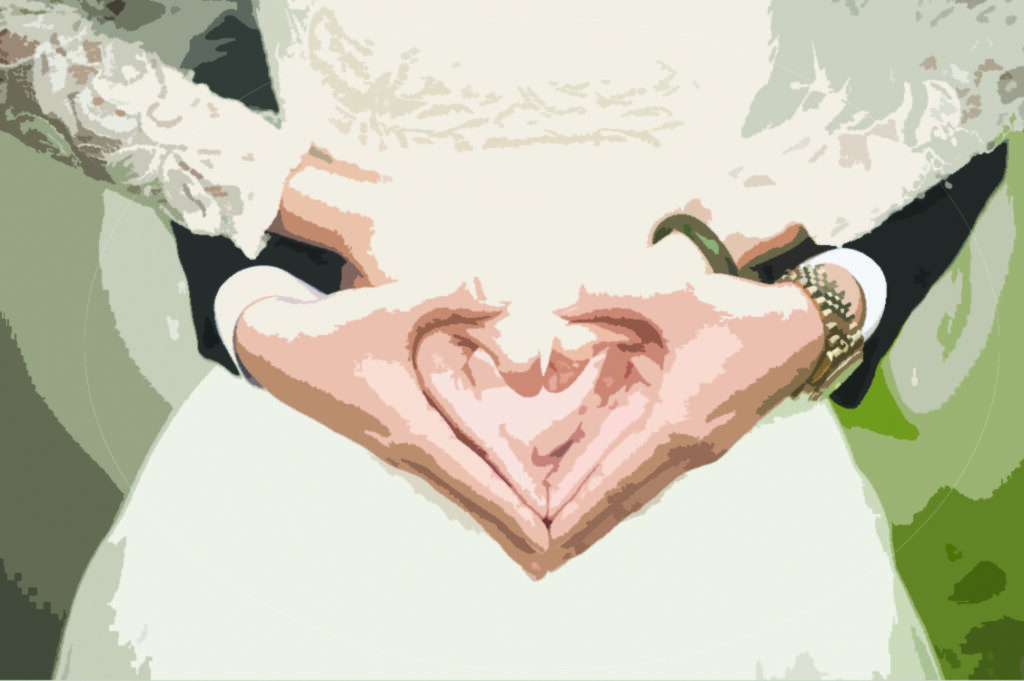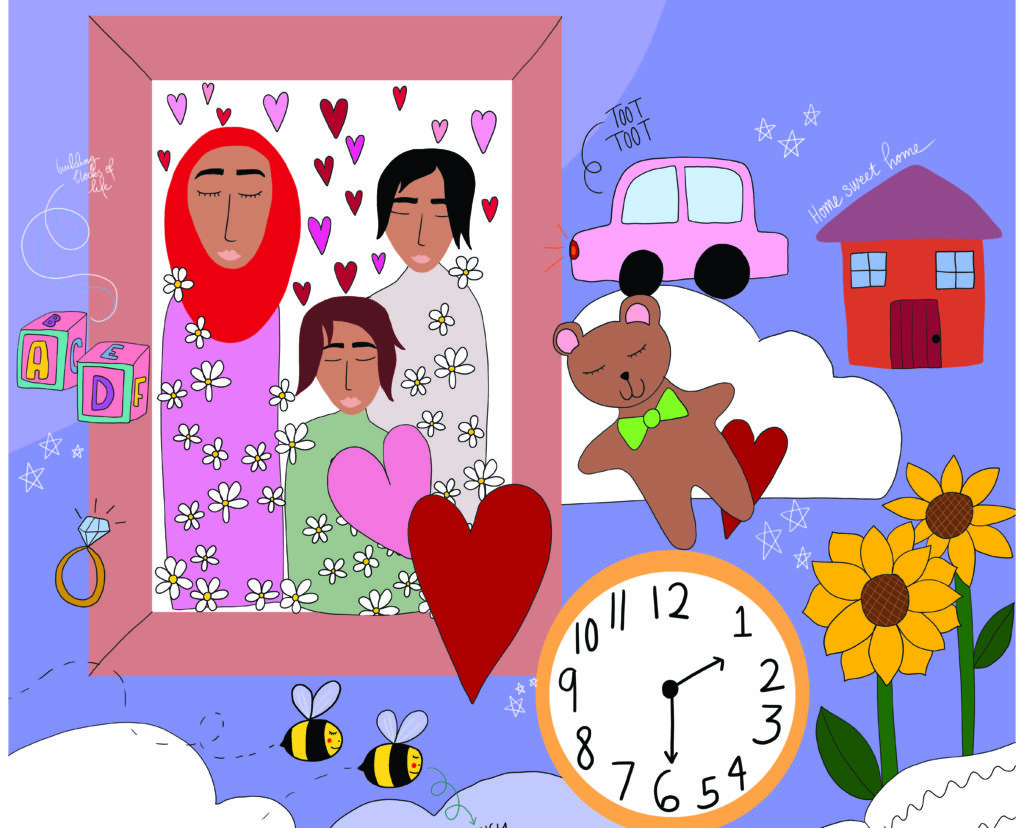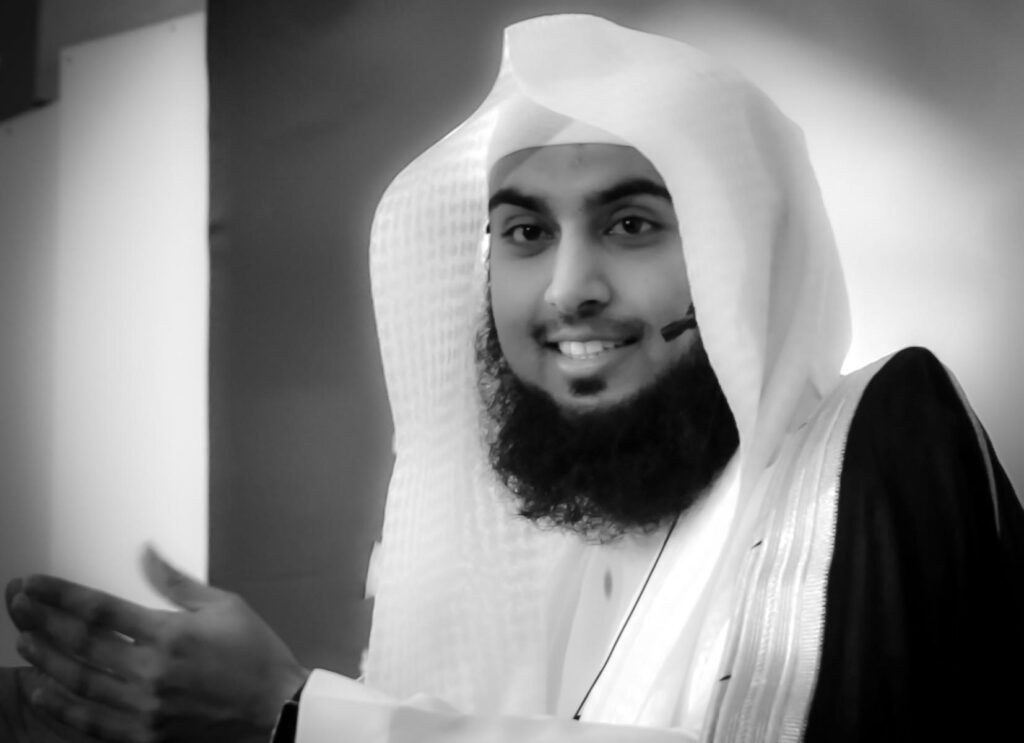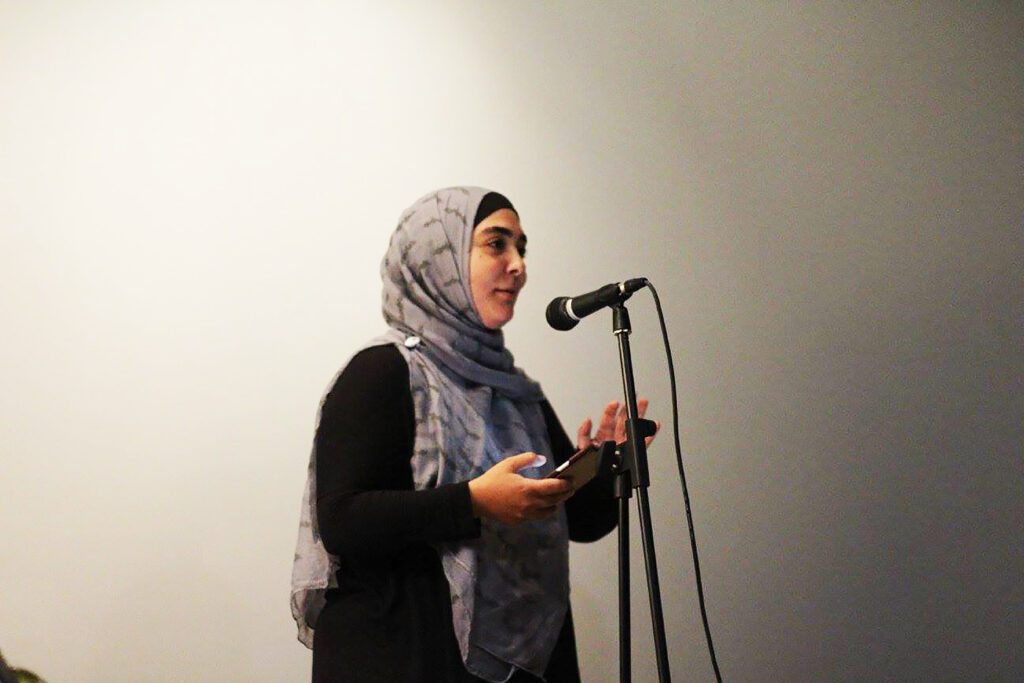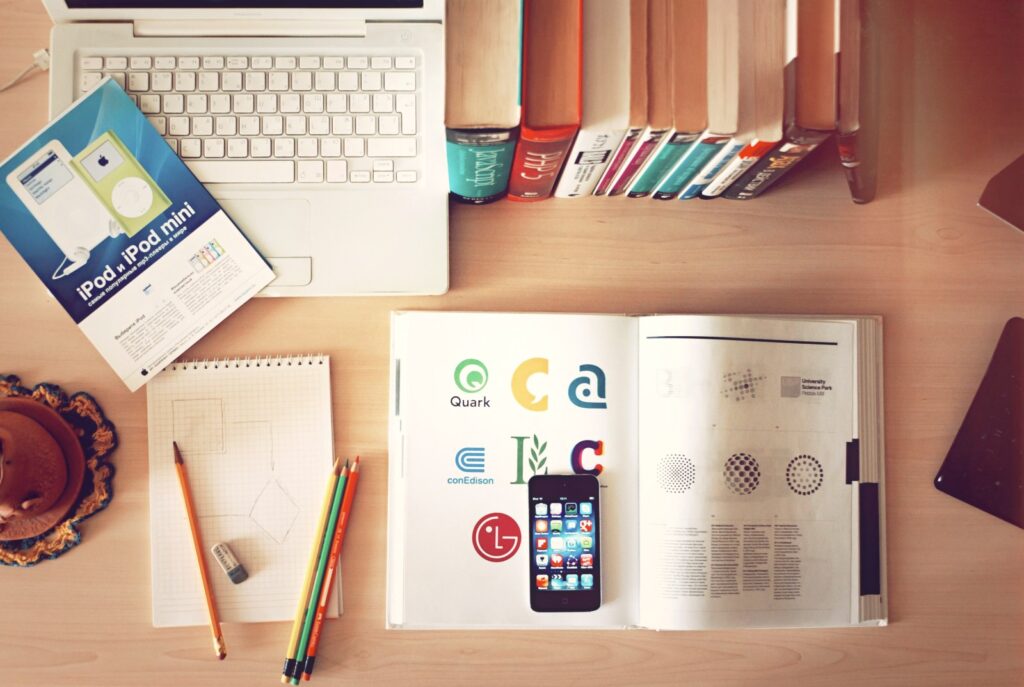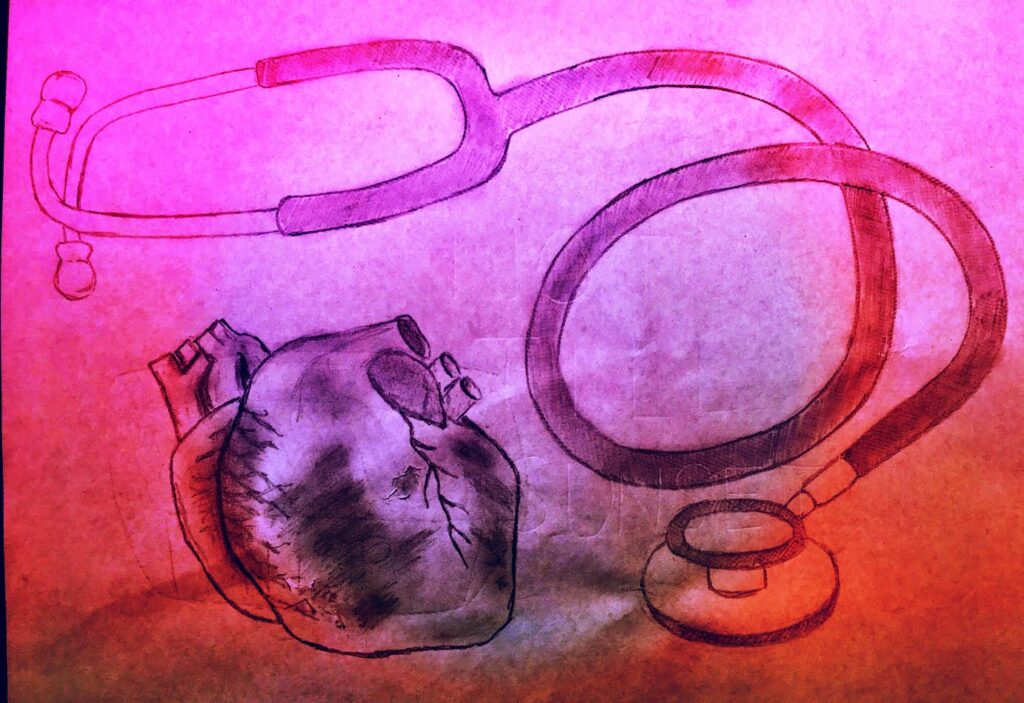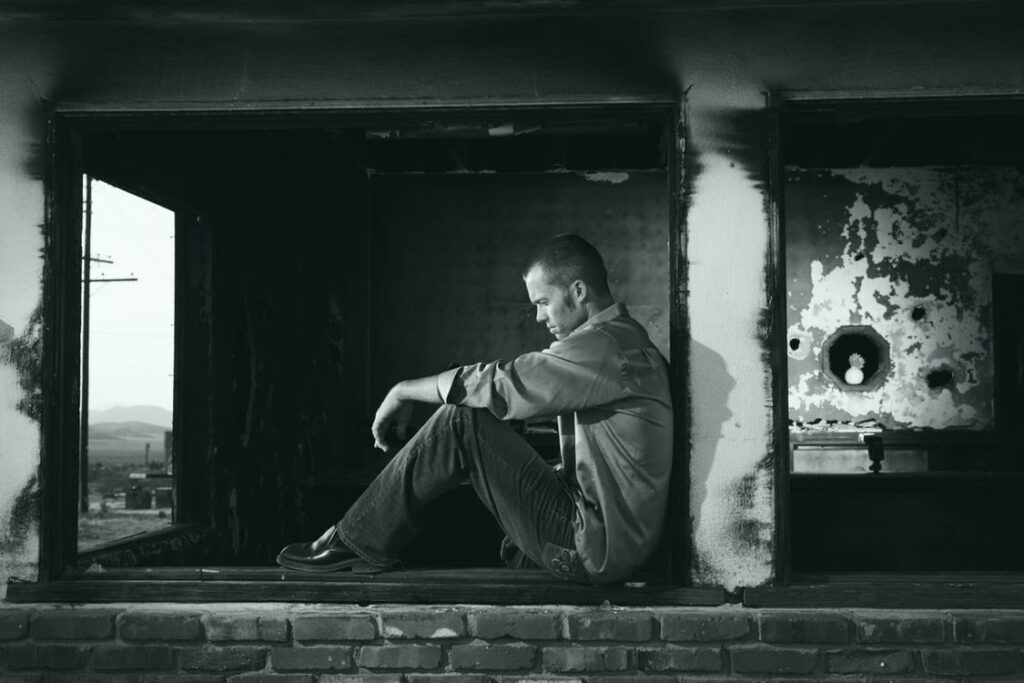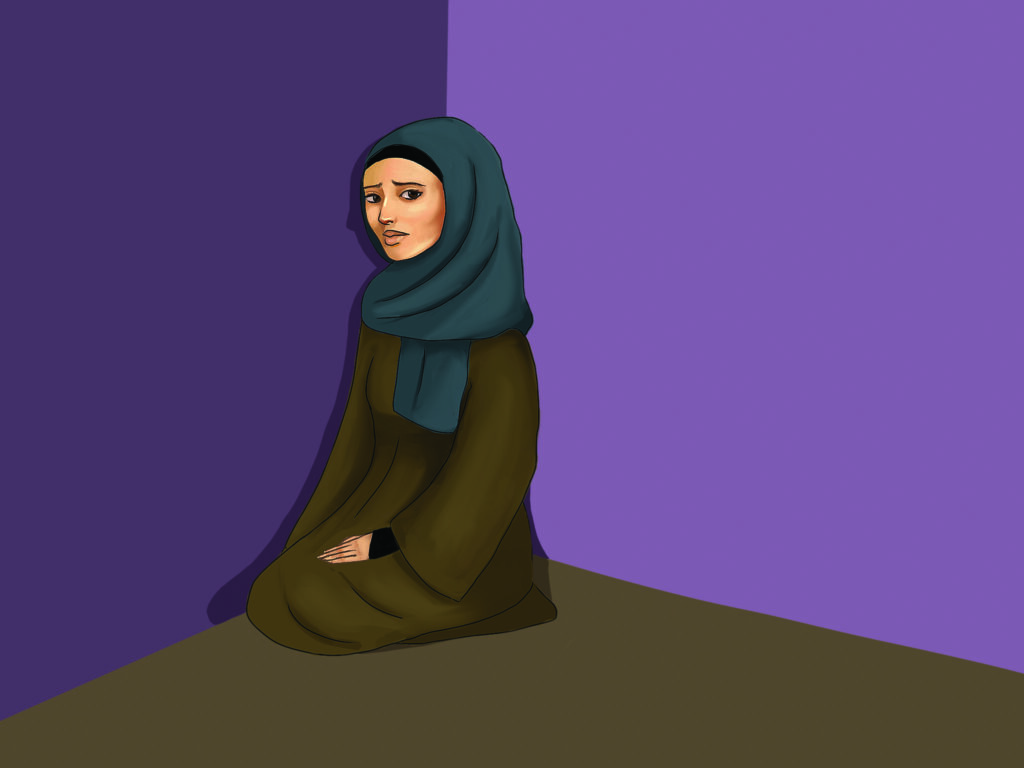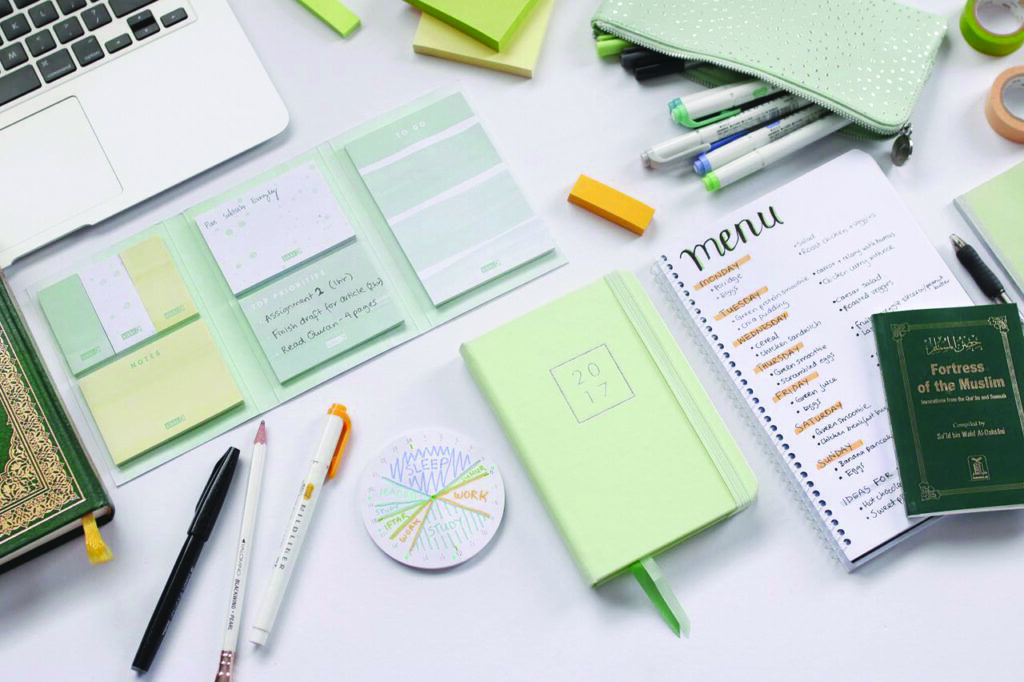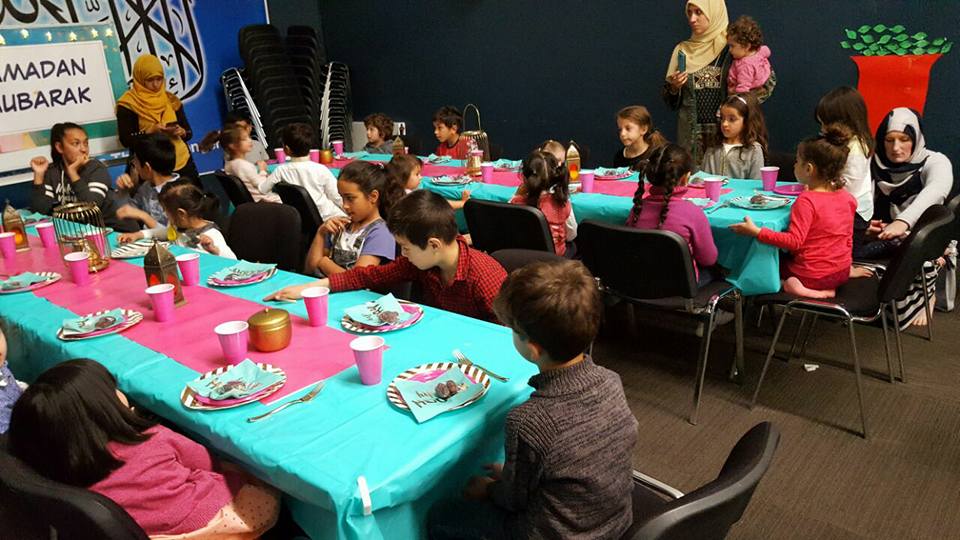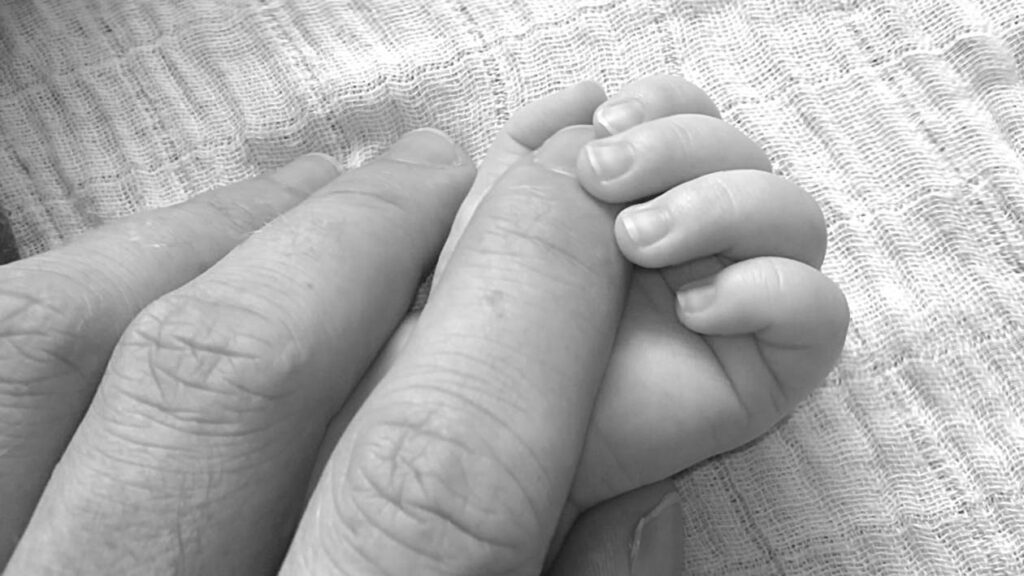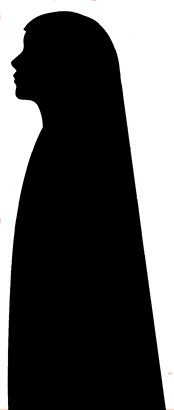Doctor’s Advice: Ramadan
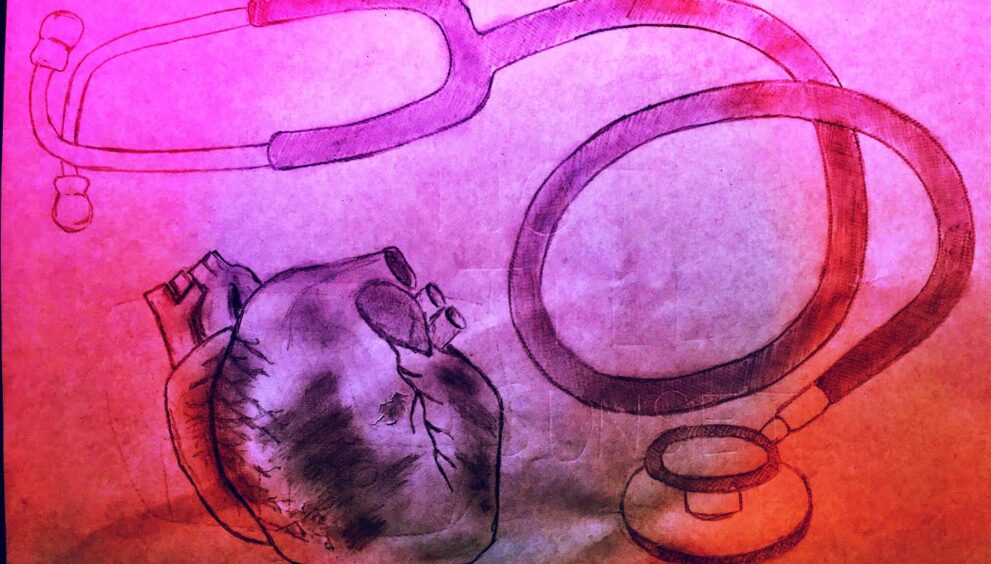
Ramadan is upon us. The month we yearn for, the month of struggle. When I think back to the previous fasting years, I remember the effort it took to wake up in the cold mornings and drag myself to suhoor.
My siblings and I would huddle around the heater, still drowsy from sleep, and I would always have this heavy feeling in my stomach that prevented me from eating. I would force myself to have a few bites through my nausea, make wudu and pray Fajr with the family.
Being able to experience this with my family is what made it special to me. The whole day would consist of me trying to control my thirst and my hunger. As soon as the athaan was heard I attacked all those delicious oily fried foods first.
It is not my intention to take you down memory lane, however, my intention is to explore whether we are approaching the month of Ramadan the right
way. Ramadan is a month of blessings, a time for all Muslims to unite and forgive one another. In this month we try to improve ourselves to become better human beings, though this is our daily ‘jihaad’; however, this month may also invite us to practice unhealthy eating habits.
So here it is, your all exclusive guide to making the most of the blessings of Ramadan.
The benefits of fasting have been widely reported by many nutritionists and health professionals. Some of them include:
Cell repair – this activates a process known as ‘autophagy’ which basically removes all waste materials from our cells.
Hormonal changes – this allows the fat stored in your body to be accessible.
Lowered risk of type 2 diabetes – you may be able to reduce your resistance to insulin and see a decrease in blood sugar levels.
It can help improve risk factors for cholesterol – you can see a reducton in inflammatory markers, blood pressure and triglycerides.
The benefits are endless. Though, the question arises, what about those of us who are suffering from an existing medical condition?
I remember feeling thirsty and hungry during my days in school. Towards the end of the day, maybe an hour or two before iftar, I would experience ‘hangry’- a term used to describe when you are hungry to the point that it makes you angry – I needed all my favourite foods in sight. We can thank hypoglycaemia for this effect. Hypoglycaemia is a sudden drop in our blood sugar levels.
Diabetic patients are at risk of experiencing hypoglycaemia. Depending on the actual individual, fasting without the use of insulin may cause medical conditions such as ‘diabetic ketoacidosis’, a complication caused by the building up of acids called ketones in the blood. Low blood sugar can potentially induce a coma, a seizure or lead to death if untreated.
There have also been problems noted for those who suffer from hypertension. Hypertension has been noted to be a ‘silent killer’, the majority of the population is affected by it. When you break your fast, you put yourself at risk of having your blood pressure spiking up leading to heart problems.
Here, I would like to mention; Islam does not permit us to fast if we suffer from medical conditions that deteriorate our health when
we fast. If you are someone who needs to take medication throughout the day to manage your condition, then you have a duty to care for your body.
The safety of each individual with a medical condition is a priority. It is crucial that you speak with your local GP and get a medical opinion on how to fast safely. There has been some research where doctors consulted with ‘Alims ‘Islamic scholars’ and concluded that an IV injection can be permissible. For example, some scholars state that a glucagon injection wouldn’t break your fast whereas oral medication would. Plan with your GP and monitor your condition. For those with hypertension, you must remember that salt is the enemy, it will cause heart issues if you eat it suddenly after fasting.
Our bodies are our vessels and many of us have unhealthy eating habits; and yo-yo diets have us gaining and losing weight. I know that the younger me would have thrown tantrums and made my mother’s life difficult if she had anything simple. But we must take care of our health.
It is easy to self-indulge, but it is our responsibility to care for our own bodies.We must also care for our brothers and sisters. Remember this is a month of unity, keep an eye out for your neighbour or your friend who may be struggling whilst fasting. Encourage them to put their health first and let them know there is no shame if they are not able to fast.
Cook together, break your fast together, look after one another. Let us reap the benefits of this joyous month and practice Ramadan the right way.
ABOUT THE AUTHOR
Dr. Zoya Shah
Zoya is a Doctor who is currently undertaking her Masters in Public Health and Tropical Medicine at the James Cook University with an interest in crisis management and humanitarian work.


